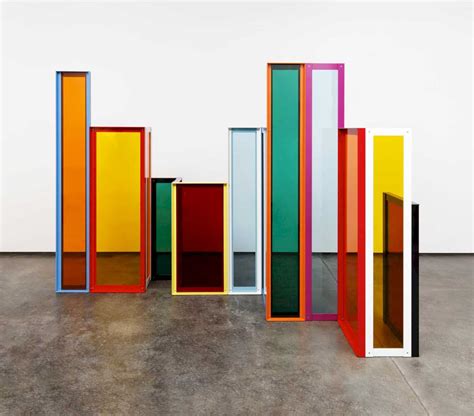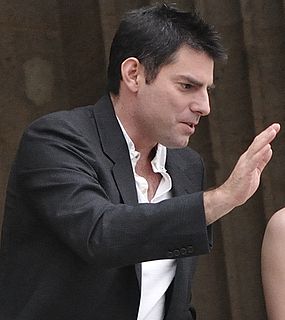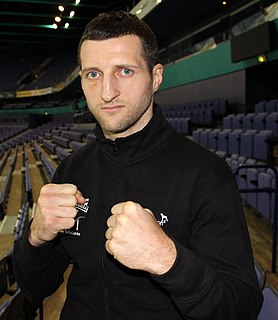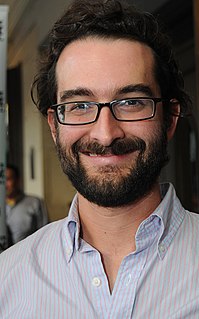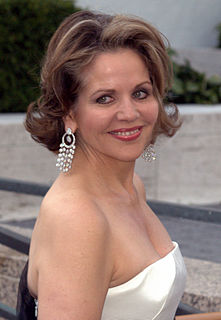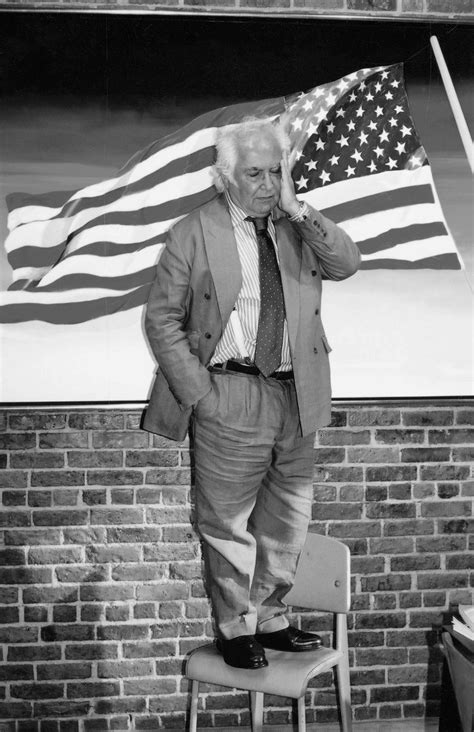A Quote by Helena Bonham Carter
I was a mixture of being incredibly old for my age and incredibly backwards. I was born quite old, but then I stopped growing. I lived with my mum and dad till I was 30.
Related Quotes
The U.S. has always been a contradiction. It's always been a deeply protectionist, institutional place, where you're not allowed to smoke, and you're not allowed to do this, and you're not allowed to do that. And then, on the other hand, it's completely libertarian in a way. So it's got this weird mixture of being incredibly authoritarian and incredibly open at the same time.
The mediocre mind has no capacity for understanding. It is stuck somewhere near thirteen years in its mental age, or even below it. The person may be forty, fifty, seventy years old - that does not matter, that is the physical age. He has been growing old, but he has not been growing up. You should note the distinction. Growing old, every animal does. Growing up, only a few human beings manage.
I don't think I really knew how fit I was when I was a kid. I rode with my dad quite long distances and I've been racing since the age of nine, so we did a lot of sport growing up. My earliest memories of my dad are watching him race, so it was inevitable when we were old enough that my brother and I would get on bikes.
For me, being Christian Armenian, born into the Islamic culture in Iran and then, at the age of 13, being sent to England and embracing the English culture and becoming part of so-called swinging London and the era of euphoria and celebration that the '60s represented is very critical. It was a moment when, for the first time, the business of internationalism was being effectively represented-in music, art, cinema, design. Before that, everything was directed toward the old industry, the old school, the old format, and there was no room for varieties to evolve.



